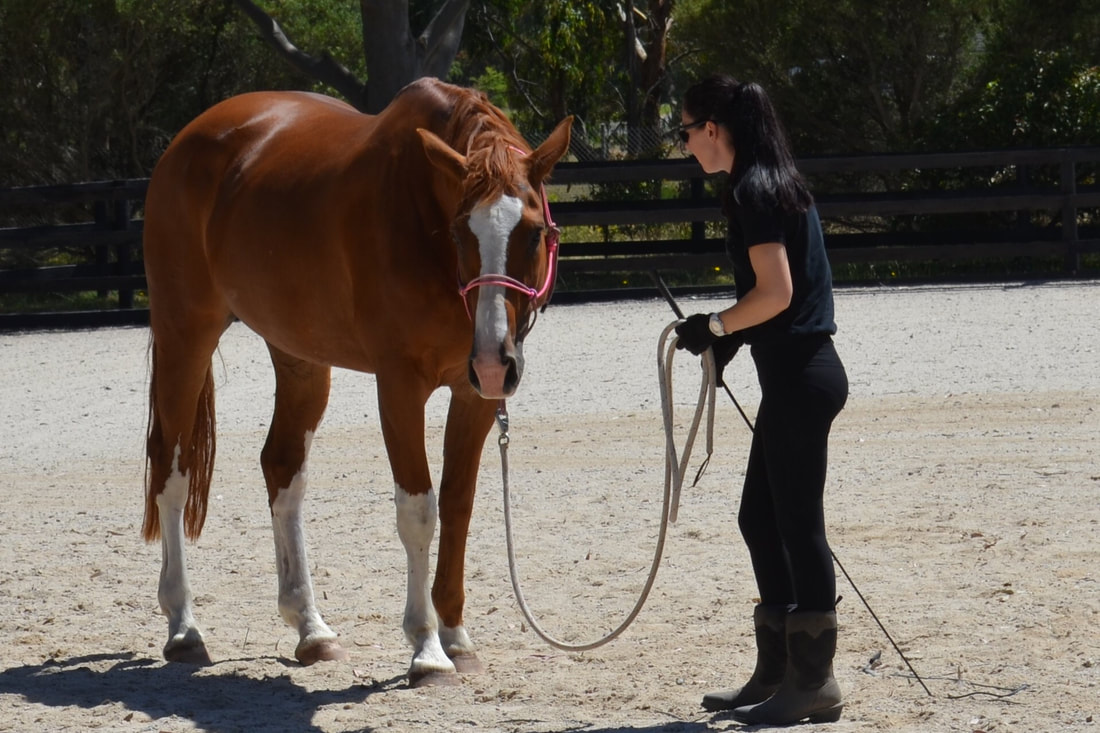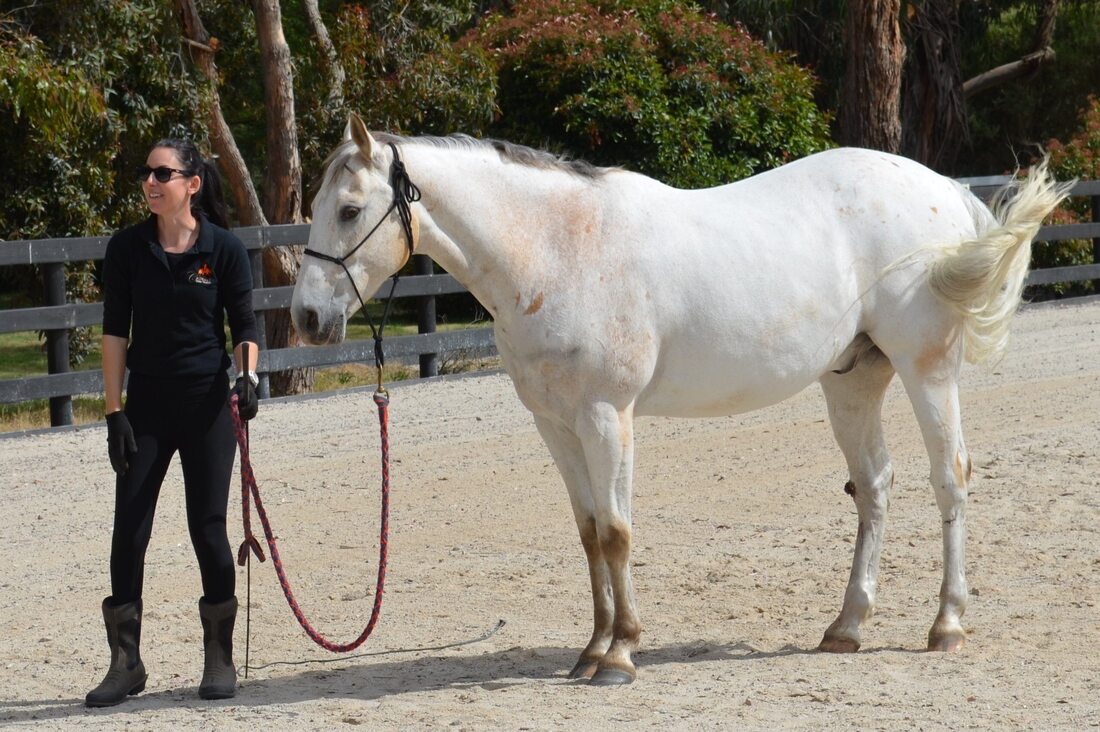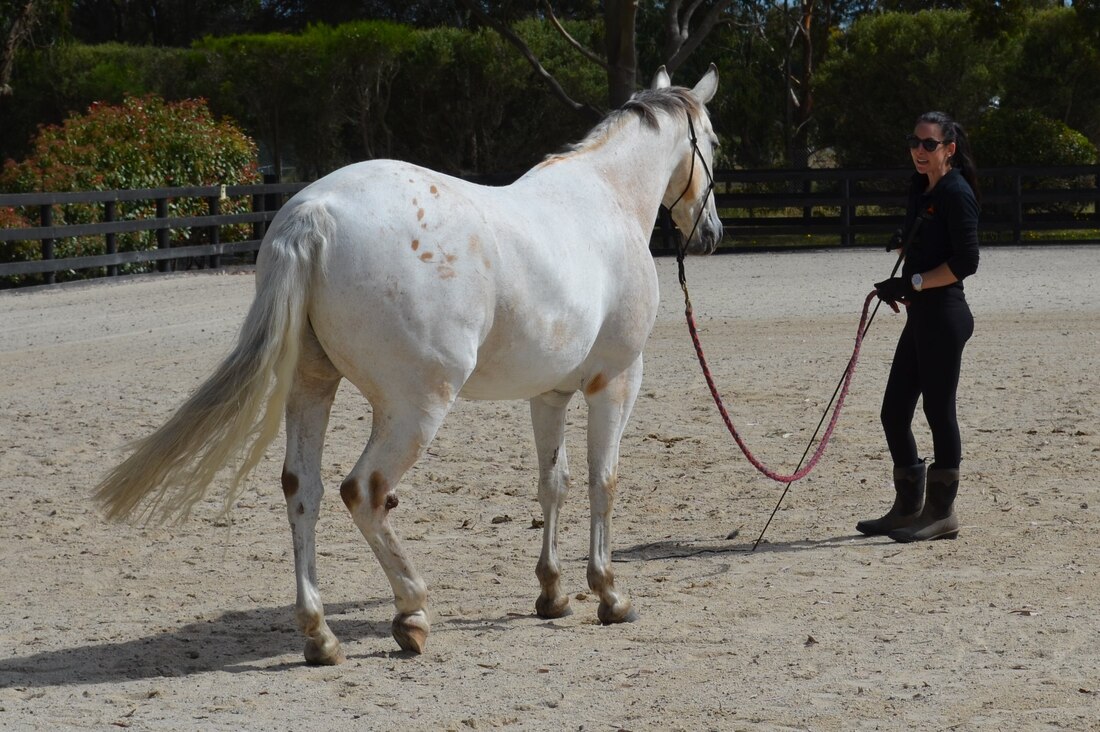CADENCE HORSE TRAINING
WE PREFER CONCEPTS RATHER THAN RULES...
Rules are rigid and don't allow for the dynamic nature of both animals and training!
A different day, different mood (you or your horse!) or different environment can all factor into the efficacy of your training, therefore effective training is NOT BLACK & WHITE.
Often grey, it can be difficult to execute correctly for handlers & riders and confusing or frustrating for your horse, which can lead to inconsistency, resistance and break down in communication and relationship, taking away willingness from your horse & reducing your enjoyment.
A different day, different mood (you or your horse!) or different environment can all factor into the efficacy of your training, therefore effective training is NOT BLACK & WHITE.
Often grey, it can be difficult to execute correctly for handlers & riders and confusing or frustrating for your horse, which can lead to inconsistency, resistance and break down in communication and relationship, taking away willingness from your horse & reducing your enjoyment.
Self-management skills better equip horses, mentally & physically, to deal with the demands of training.
Alongside this further educating horse owners & handlers in understanding the how & why helps them become more effective, adaptable and empathetic trainers & riders.
Alongside this further educating horse owners & handlers in understanding the how & why helps them become more effective, adaptable and empathetic trainers & riders.
BALANCE IS BEST |
The rest of our work fosters a healthy brain-body connection, with the goal to encourage and facilitate functional movement & positive postures.
This has a huge impact on longer lasting results, comfort for your horse and ease of handling, riding & training. |
COMMUNICATION OVER CONTROL...
3 steps to success!
Training for control relies on off balancing our horses, mentally or physically, usually with a focus on shutting down or stopping an undesired behaviour. Many methods focus on this as their foundation,
While this may work temporarily, it addresses symptom rather than cause,
so what's the alternative?
While this may work temporarily, it addresses symptom rather than cause,
so what's the alternative?
STEP 1 - SELF-MANAGEMENT, also the basis of that ever elusive 'self-carriage'!
Teaching our horses to regulate mentally, emotionally & physically so they are better equipped to handle the stressors of training. Creating a thinking horse rather than a doer, with the ability to respond rather than simply react. A base for willingness.
STEP 2 - COMMUNICATION, teaching your horse appropriate and effective skills to seek help, security or reassurance from handler or rider. Developing a dialogue, allowing and encouraging them to ask, Can You Help?
STEP 3 - PROOF & TRUST, by developing a better understanding of the horse's mind and body.
Using this to become a better listener & prevent problems before they arise or escalate.
Expanding our toolbox with skills that aid in ENGAGING our horses, mentally & physically rather than disengaging.
And, lastly creating as many positive associations and interactions as possible so our horse's trust in our guidance.
|
Copyright Cadence Horse Training & Engaged Equines © 2023
|
terms & Conditions for clinics & online Classes |


